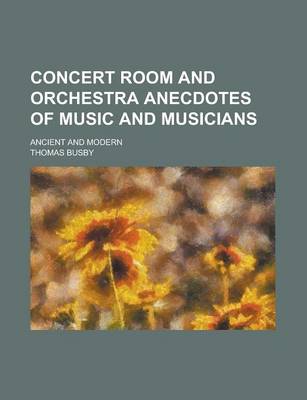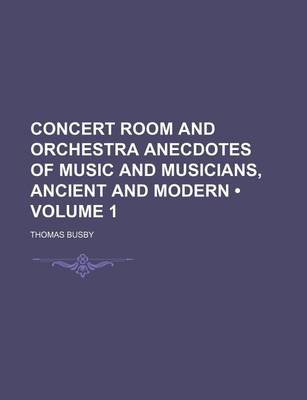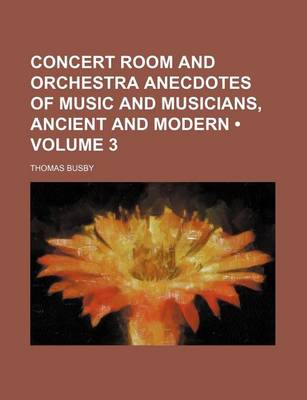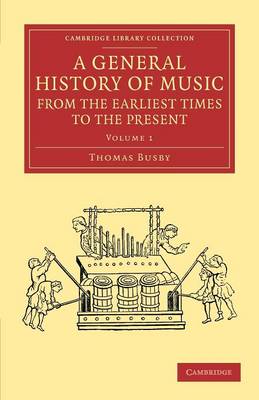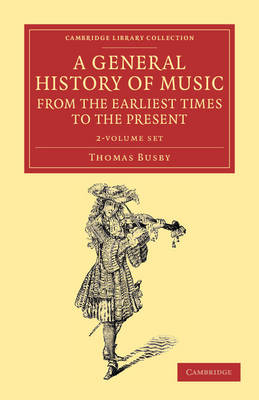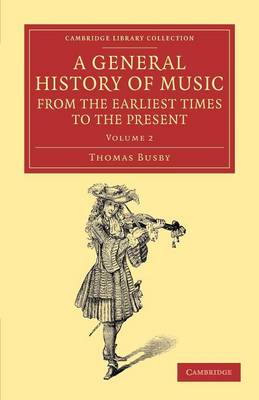Cambridge Library Collection - Music
1 primary work • 9 total works
Volume 3
Concert Room and Orchestra Anecdotes of Music and Musicians; Ancient and Modern
by United States Joint Chiefs of Staff and Thomas Busby
Concert Room and Orchestra Anecdotes of Music and Musicians, Ancient and Modern (Volume 1)
by Thomas Busby
Concert Room and Orchestra Anecdotes of Music and Musicians, Ancient and Modern (Volume 3)
by Thomas Busby
A General History of Music, from the Earliest Times to the Present: Volume 1
by Thomas Busby
A General History of Music, from the Earliest Times to the Present 2 Volume Set
by Thomas Busby
A General History of Music, from the Earliest Times to the Present: Volume 2
by Thomas Busby
Concert Room and Orchestra Anecdotes of Music and Musicians, Ancient and Modern 3 Volume Set
by Thomas Busby
